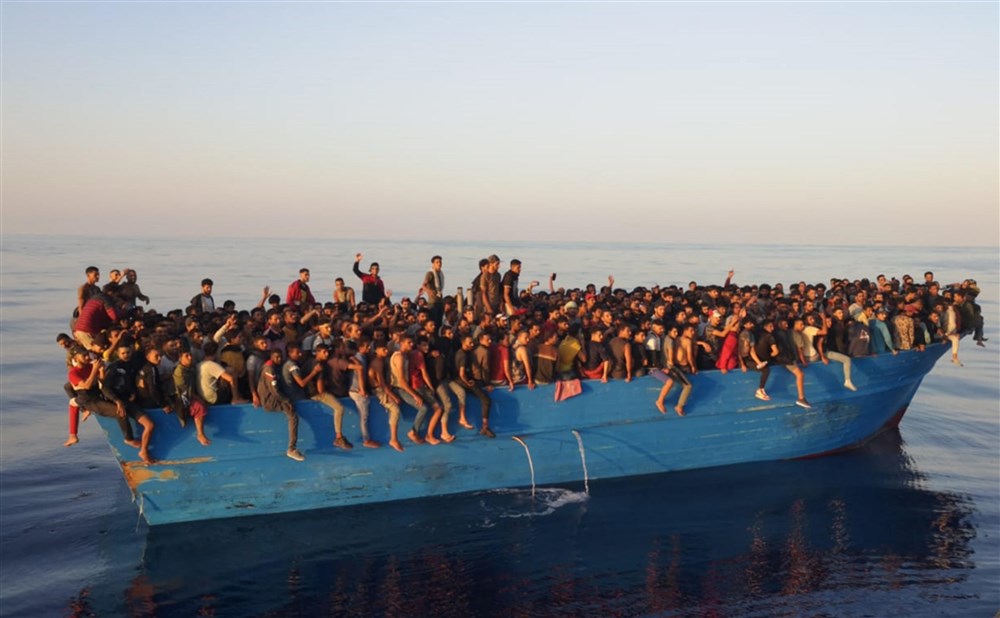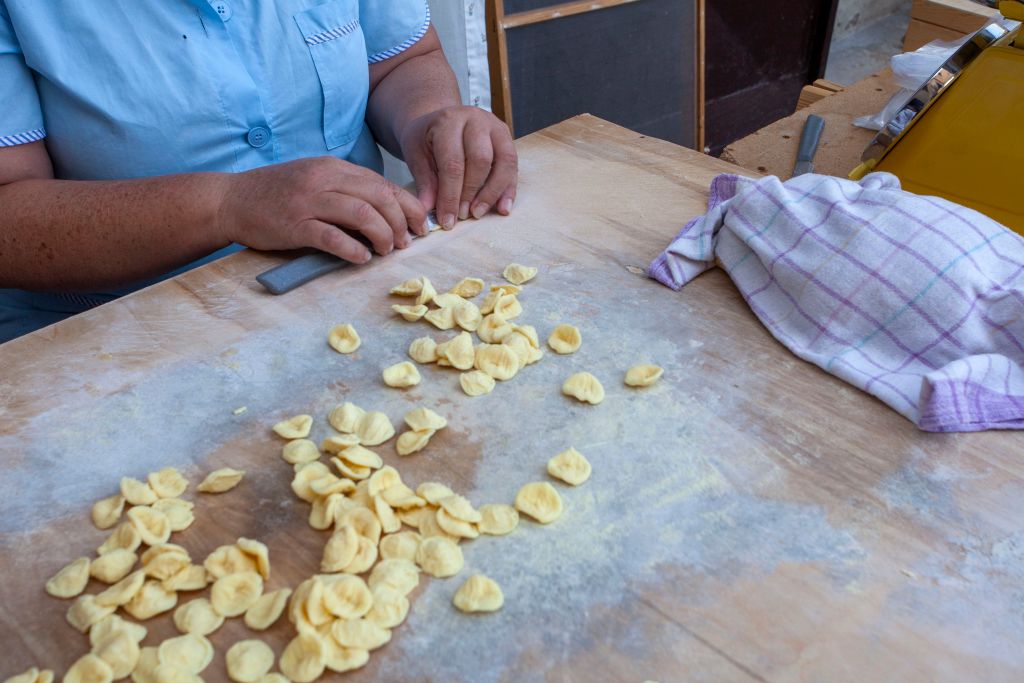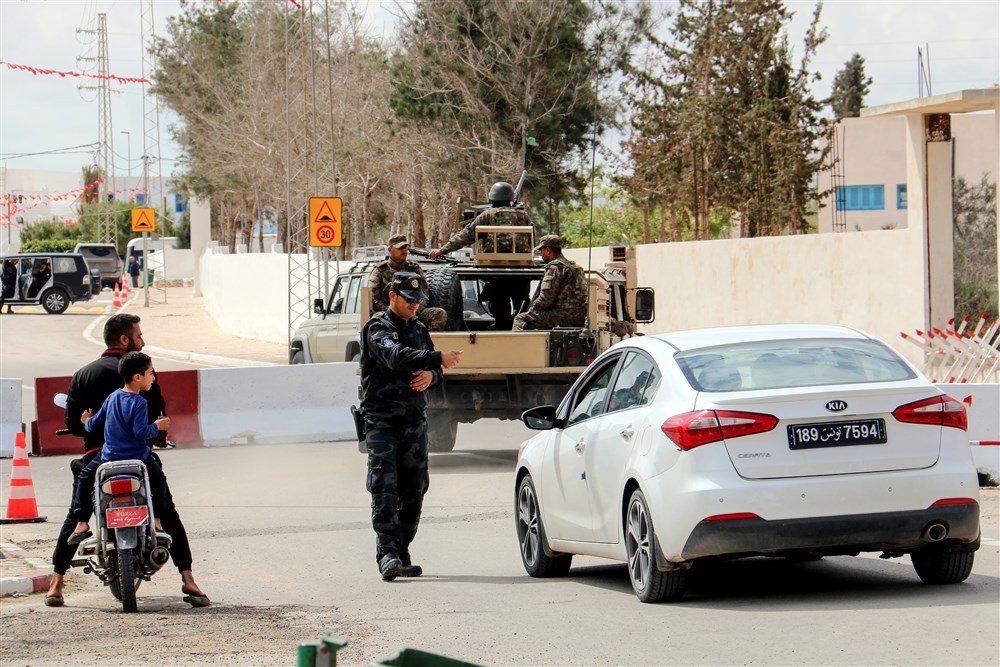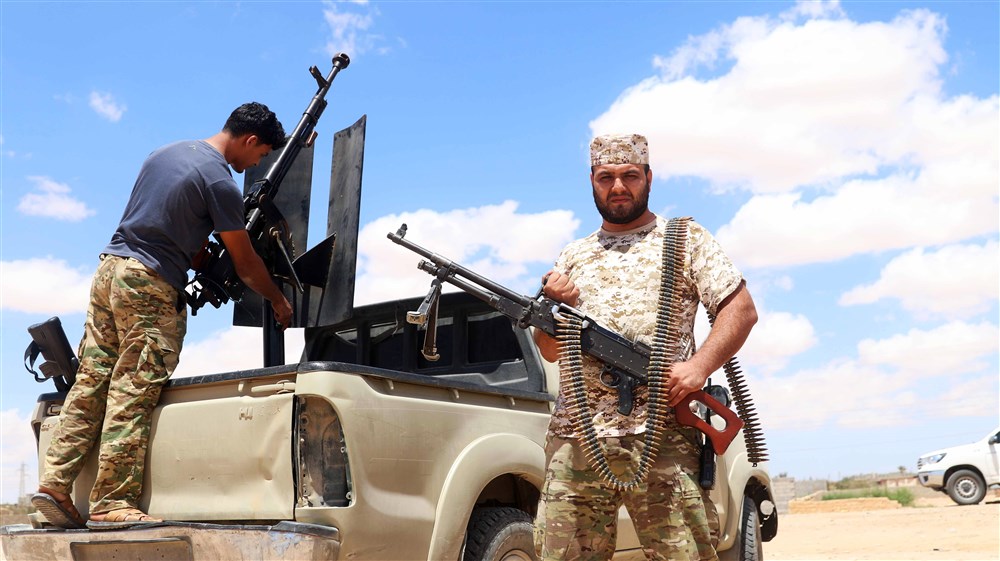Italian Prime Minister, Giorgia Meloni, is urging Tunisia’s president to accept the IMF loan conditions to rehabilitate the country’s collapsing economy. The meeting was held between Meloni and the Tunisian President, Kais Saied, on June 6, where Saied refused the IMF conditions but welcomed Meloni’s objective to halt illegal migration.
Italy is particularly concerned about promoting stability in Tunisia, given its close proximity to the European country. Tunisia is nearer Italy than Libya, from where the majority of migrants to Italy arrive. Rome fears a repeat of the situation in Libya, where a political vacuum continues to be exploited by human traffickers.
Tunisia’s current unstable political environment following economic protests post-Covid and Saied’s crackdown on opposition figures, judges and business leaders who oppose him, has alarmed Italy and wider Europe. The upheaval in Tunisia has resulted in a net increase in the number of migrants leaving the country and arriving in Italy.
Meloni said the agreement for an IMF loan of around $1.9 billion is needed to support the country and help with a meaningful economic recovery. She also said she was prepared to return to Tunis with the President of the European Commission, Ursula von der Leyen, in a bid to secure the deal. Meloni’s position regarding the IMF seems to have changed drastically since she first denounced “international finance” in a speech she gave in 2022, before her election.
After the meeting in Tunis, Meloni said: “I told President Saied about the efforts a friendly country like Italy is making, while fully respecting Tunisian sovereignty, to try to get reach a positive outcome for the agreement between Tunisia and the IMF.”
The Tunisian president, however, said he refuses to accept the directives demanded by the IMF. He compared the “impositions of the IMF” to “doctors who prescribe pharmaceuticals without first diagnosing the disease”.
A Tunisian government press release further stated that “diktats” imposed by the IMF “represent the disease itself, in so far as these proposals do not bring any benefit or cure, but would instead cause a threat to the internal stability of Tunisia and have consequences that extend to the whole region without exceptions”.
During the meeting with Meloni, Saied argued that instead of an IMF loan, Tunisia’s financial problems could be solved through private development projects.
He is determined in opposing the IMF’s conditions, which would include austerity measures such as cutting public spending, when the Tunisian economy is already struggling and public discontent has erupted in mass protests.
There was one point of agreement and shared interest during the Tunis meeting, however. Meloni and Saied both oppose mass illegal migration to their countries and see eye to eye on the issue.
Meloni pledged to help Tunisia in the battle against illegal immigration: “Italy has been the spokesperson at the EU level, too, for a concrete approach to increase support for Tunisia in the battle against human trafficking and illegal immigration,” Meloni said.
Saied responded positively, complimenting Meloni for her efforts and outspokenness: “You are a woman who says loudly what others think in silence,” he said, adding, “I’m very happy to talk with her about our problems.”
In February, Saied said the mass arrival of Sub-Saharan African migrants represented a threat to “Tunisia’s identity”, echoing Meloni’s sentiments on the issue of migration, where one of her key campaign promises was a naval blockade off the shores of Libya to halt the migrant influx.
As more migrants depart Tunisia, however, Meloni is finding it increasingly difficult to put together a solution, especially without the support of her European counterparts and the European Union.
An agreement with Saied, and the securement of Tunisian political stability, is now key for Italy to resolve the migrant crisis.
Alessandra Bocchi is Associate Editor at Brussels Signal





